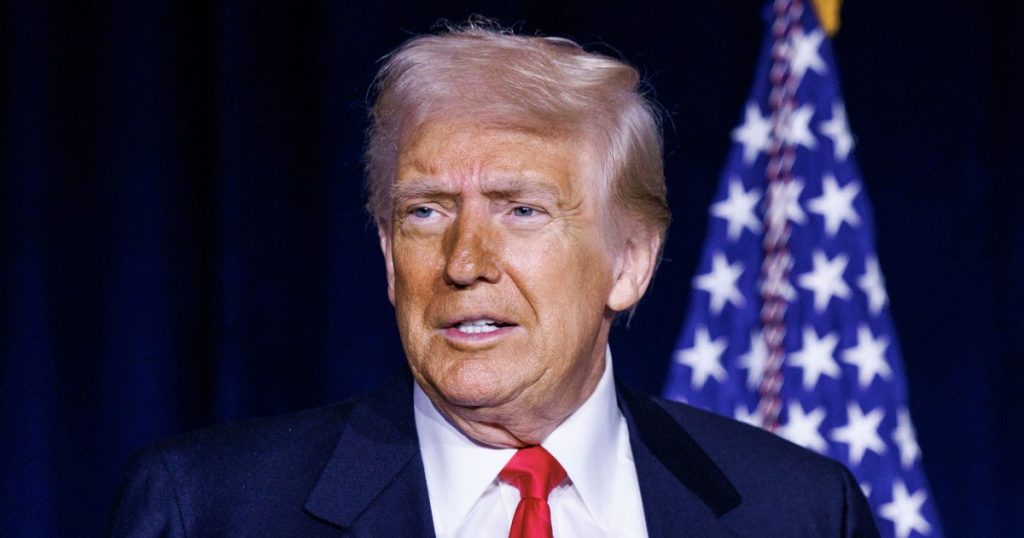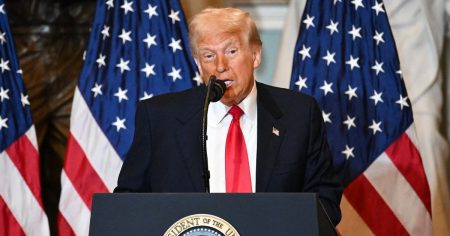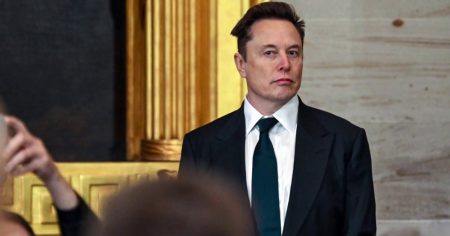The situation surrounding the federal worker buyouts initiated by the Trump administration is a multifaceted issue involving legal, political, and personal dimensions. The administration’s plan to offer buyouts to millions of federal employees was temporarily halted by Judge George A. O’Toole Jr., who extended a pause on the program until a decision on a preliminary injunction is made. This move came after unions challenged the legality of the program, asserting it as an “unlawful ultimatum” and questioning its validity.
The Office of Personnel Management’s “deferred resignation” program allowed workers to resign with pay through September, but legal experts and unions raised concerns about its legitimacy and the potential for the administration to revoke the offer later. This uncertainty adds pressure on employees to make quick decisions about their livelihoods, as highlighted by the plaintiffs, who argue the deadlines cause irreparable harm.
The White House and President Trump framed the buyouts as a generous offer aligned with Trump’s campaign promise to reduce the federal workforce for efficiency. However, critics, including unions, view the move as a tactic to push employees out without proper justification, potentially undermining government functionality and trust.
The legal battle focuses on whether the administration has the authority to implement such buyouts, with the unions’ suit seeking to stop the program. Judge O’Toole’s role as a check on the executive branch ensures a deliberate and fair decision-making process, emphasizing the judiciary’s importance in upholding legal standards.
The situation affects a significant number of workers—60,000 acceptances were noted—each facing a decision that balances immediate benefits against future uncertainty. The outcome of this legal challenge could set a precedent for similar future actions, highlighting the delicate balance between reducing government size and maintaining effective public services.









